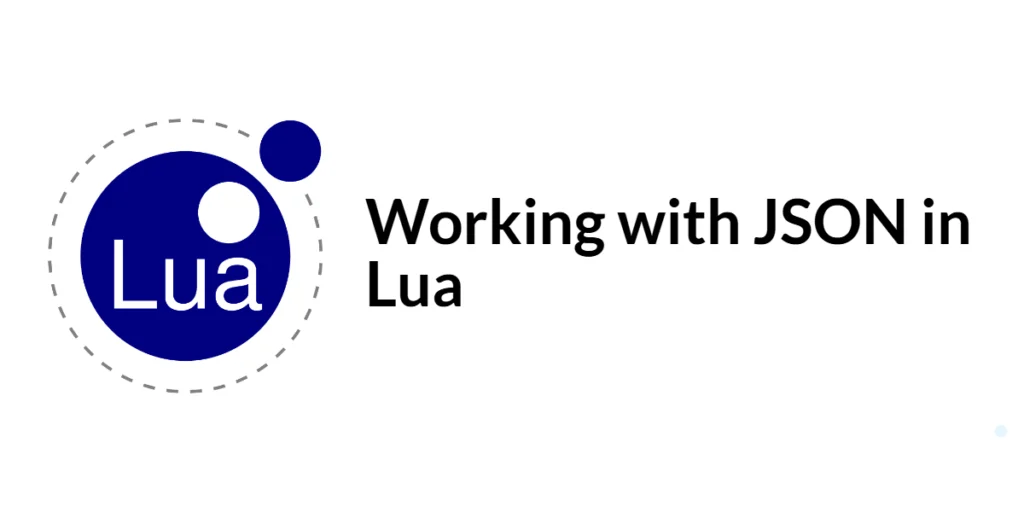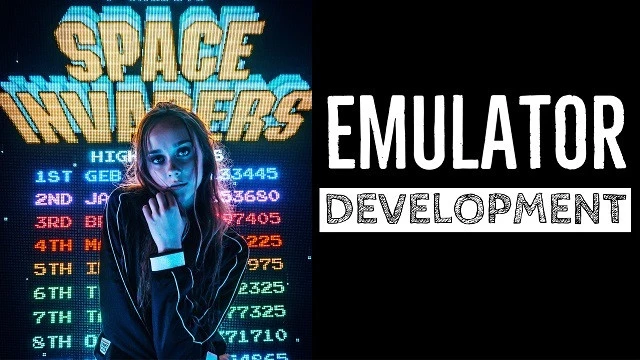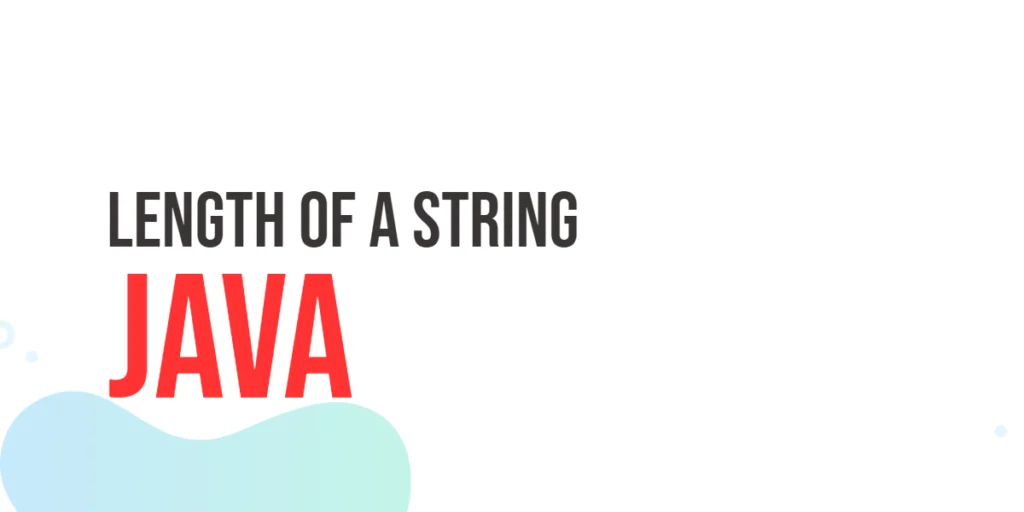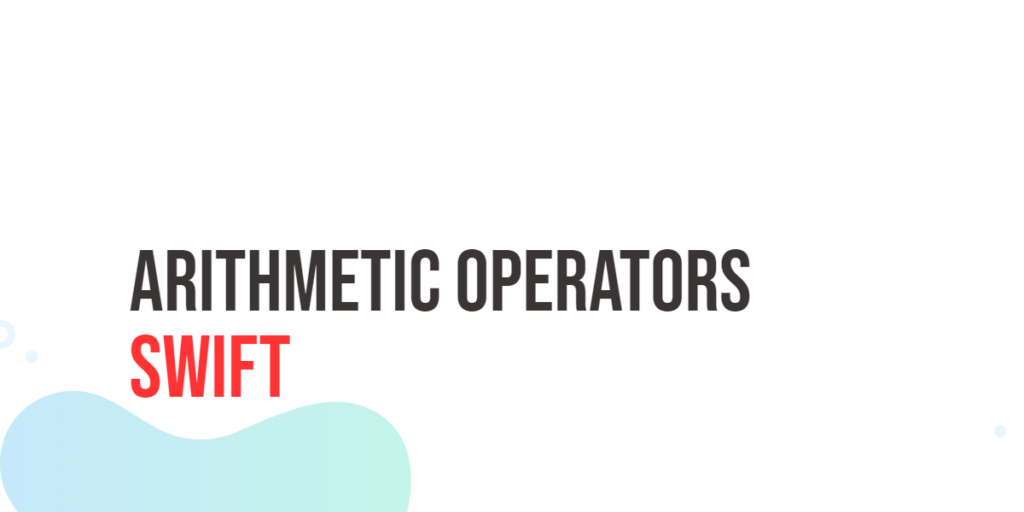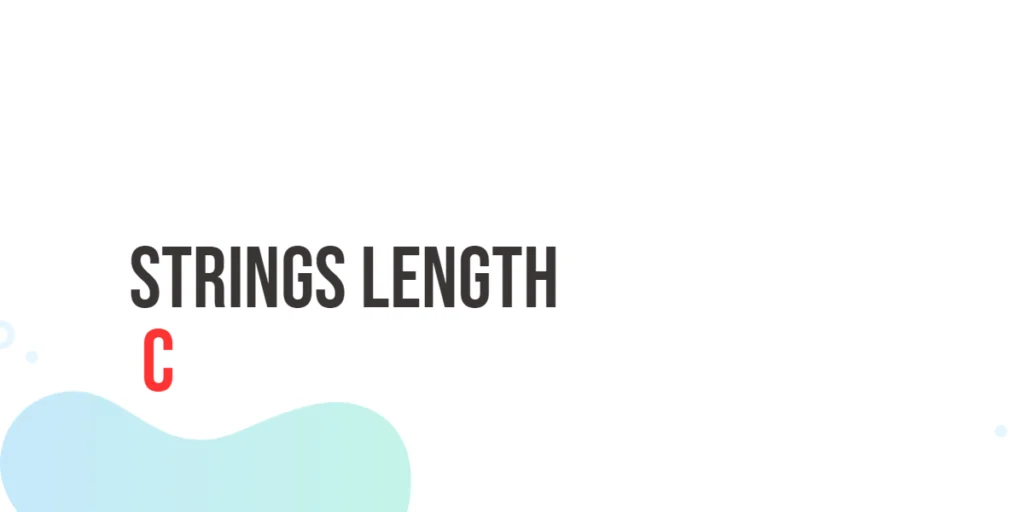JSON (JavaScript Object Notation) is a lightweight data-interchange format that is easy for humans to read and write, and easy for machines to parse and generate. It is widely used for data exchange in web applications, configuration files, and more. Lua, a powerful and efficient scripting language, provides several libraries for working with JSON, allowing developers to encode Lua tables into JSON strings and decode JSON strings into Lua tables.

with hands-on learning.
get the skills and confidence to land your next move.
Working with JSON in Lua involves understanding how to convert between Lua tables and JSON strings, handle nested structures, and manage errors. This guide will cover the basics of setting up JSON support in Lua, encoding and decoding JSON, handling errors, and practical applications of JSON in Lua projects.
Setting Up JSON Support in Lua
Installing a JSON Library
To work with JSON in Lua, you need to install a JSON library. One popular choice is dkjson, which is easy to use and integrates well with Lua. You can install dkjson using LuaRocks, a package manager for Lua modules.
luarocks install dkjsonBasic Setup
Once dkjson is installed, you can require it in your Lua scripts to start working with JSON.
local json = require("dkjson")In this example, the dkjson library is required and assigned to the variable json, making its functions available for use.
Encoding Lua Tables to JSON
Encoding is the process of converting a Lua table into a JSON string. This is useful for serializing data to be stored or transmitted.
Example: Simple Table Encoding
Let’s consider a simple example where we encode a Lua table into a JSON string.
local json = require("dkjson")
local person = {
name = "John Doe",
age = 30,
isEmployed = true
}
local jsonString = json.encode(person, { indent = true })
print(jsonString)In this example, the person table is encoded into a JSON string using json.encode. The indent option is set to true to format the JSON string for readability. The resulting JSON string is printed to the console.
Decoding JSON to Lua Tables
Decoding is the process of converting a JSON string into a Lua table. This is useful for parsing data received from external sources.
Example: Simple JSON Decoding
Let’s consider a simple example where we decode a JSON string into a Lua table.
local json = require("dkjson")
local jsonString = '{"name":"Jane Doe","age":25,"isEmployed":false}'
local person, pos, err = json.decode(jsonString, 1, nil)
if err then
print("Error:", err)
else
print("Name:", person.name)
print("Age:", person.age)
print("Is Employed:", person.isEmployed)
endIn this example, the jsonString is decoded into the person table using json.decode. The function returns the table, the position of the first unread character, and an error message if any. The table’s values are printed to the console.
Advanced JSON Handling
Working with more complex JSON structures, such as nested tables, requires understanding how to encode and decode these structures properly.
Example: Nested Tables and Complex Structures
Let’s consider an example where we work with nested tables and complex structures.
local json = require("dkjson")
local data = {
name = "Alice",
age = 28,
contacts = {
phone = "123-456-7890",
email = "alice@example.com"
},
hobbies = { "reading", "travelling", "swimming" }
}
local jsonString = json.encode(data, { indent = true })
print(jsonString)
local decodedData, pos, err = json.decode(jsonString, 1, nil)
if err then
print("Error:", err)
else
print("Name:", decodedData.name)
print("Phone:", decodedData.contacts.phone)
print("First Hobby:", decodedData.hobbies[1])
endIn this example, a Lua table with nested tables and an array is encoded into a JSON string and then decoded back into a Lua table. The resulting values are printed to demonstrate the correct handling of complex structures.
Error Handling
Handling errors is crucial when working with JSON, as invalid JSON strings can cause parsing failures.
Example: Handling Invalid JSON
Let’s consider an example where we handle invalid JSON strings.
local json = require("dkjson")
local invalidJsonString = '{"name":"Bob","age":40,"isEmployed":true,'
local data, pos, err = json.decode(invalidJsonString, 1, nil)
if err then
print("Decoding Error:", err)
else
print("Name:", data.name)
endIn this example, the invalidJsonString contains a syntax error (a trailing comma). The json.decode function returns an error message, which is printed to the console. This demonstrates how to handle errors when decoding JSON.
Practical Applications
Example: Config File Management
JSON is commonly used for configuration files. Let’s consider an example where we read and write a config file.
local json = require("dkjson")
local configFile = "config.json"
-- Reading config file
local file = io.open(configFile, "r")
local content = file:read("*a")
file:close()
local config, pos, err = json.decode(content, 1, nil)
if err then
print("Error reading config:", err)
else
print("Config loaded:", config)
end
-- Modifying and writing config file
config.newSetting = "newValue"
local newContent = json.encode(config, { indent = true })
file = io.open(configFile, "w")
file:write(newContent)
file:close()In this example, a config file is read and parsed into a Lua table, modified, and then written back to the file. This demonstrates how to manage configuration data using JSON.
Example: Data Exchange in Web Applications
JSON is often used for data exchange in web applications. Let’s consider an example where we encode data to be sent in an HTTP request.
local json = require("dkjson")
local http = require("socket.http")
local requestData = {
username = "testuser",
password = "password123"
}
local requestBody = json.encode(requestData)
local response, status = http.request("http://example.com/api/login", requestBody)
if status == 200 then
local responseData, pos, err = json.decode(response, 1, nil)
if err then
print("Error decoding response:", err)
else
print("Login successful, token:", responseData.token)
end
else
print("HTTP request failed, status:", status)
endIn this example, user credentials are encoded into a JSON string and sent in an HTTP POST request. The response is decoded and processed. This demonstrates how to use JSON for data exchange in web applications.
Conclusion
Working with JSON in Lua is essential for modern application development, enabling data interchange, configuration management, and web communication. By understanding how to encode and decode JSON, handle complex structures, and manage errors, you can effectively utilize JSON in your Lua projects. This guide covered the basics of setting up JSON support, encoding and decoding JSON, handling errors, and practical applications in Lua.
Additional Resources
To further your understanding of Lua programming and working with JSON, consider exploring the following resources:
- Lua Documentation: The official Lua documentation. Lua Documentation
- Programming in Lua: A comprehensive book on Lua by Roberto Ierusalimschy. Programming in Lua
- Lua Users Wiki: A community-driven resource for Lua programmers. Lua Users Wiki
- LuaRocks: A package manager for Lua modules. LuaRocks
By leveraging these resources, you can deepen your knowledge of Lua and enhance your ability to develop powerful scripts and applications that effectively utilize JSON.
